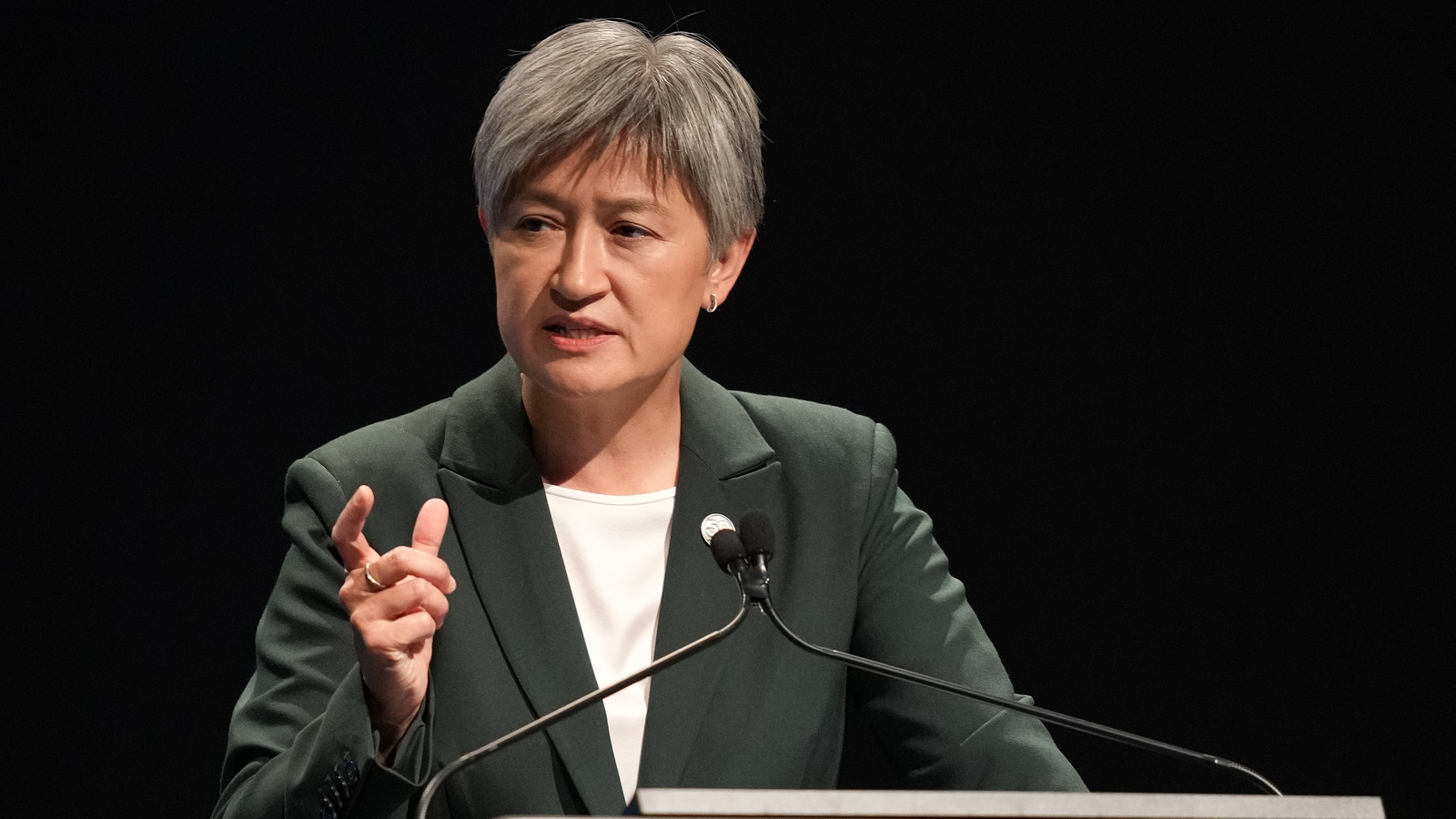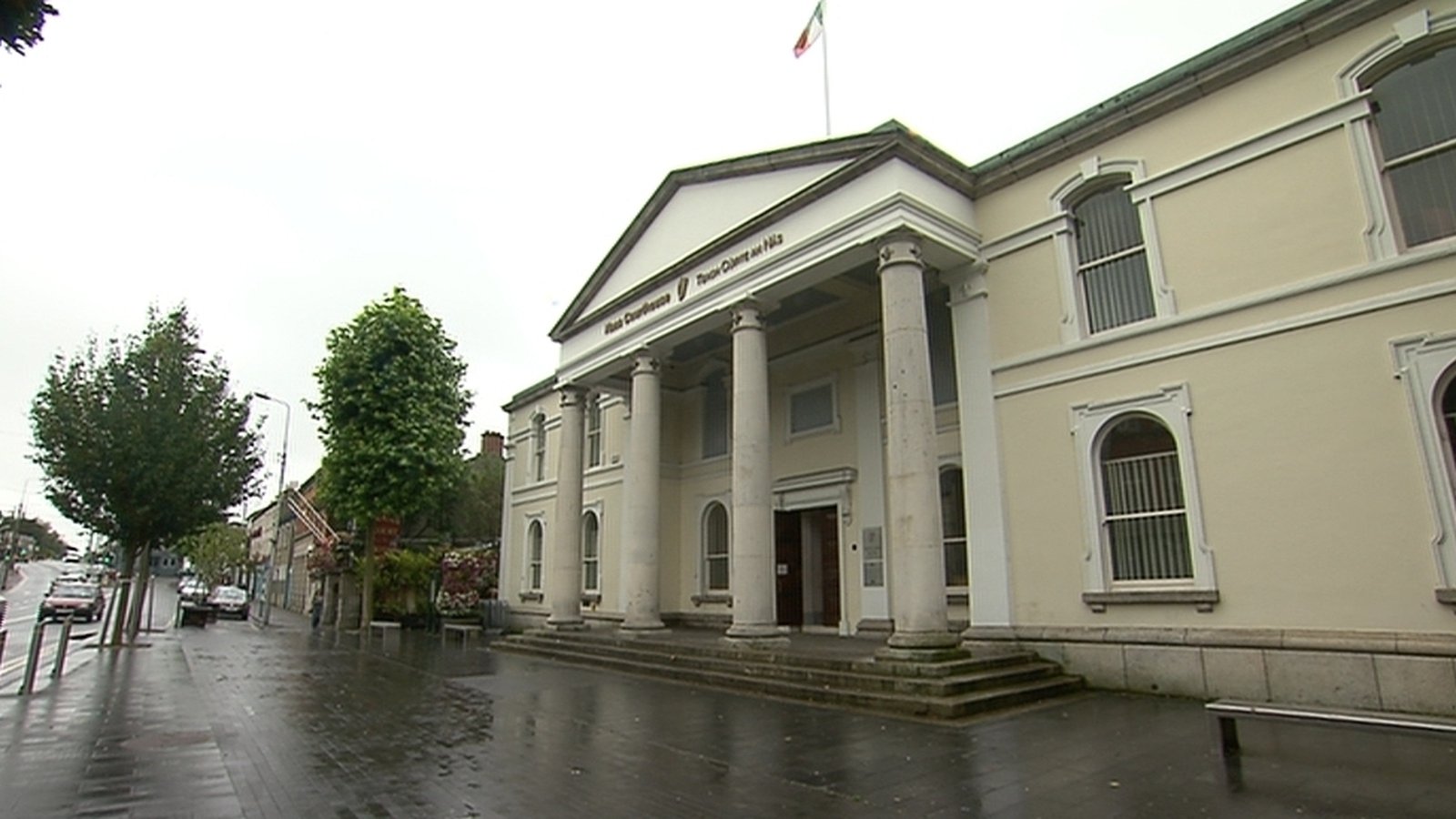Babies in State care placed in private unregulated settings
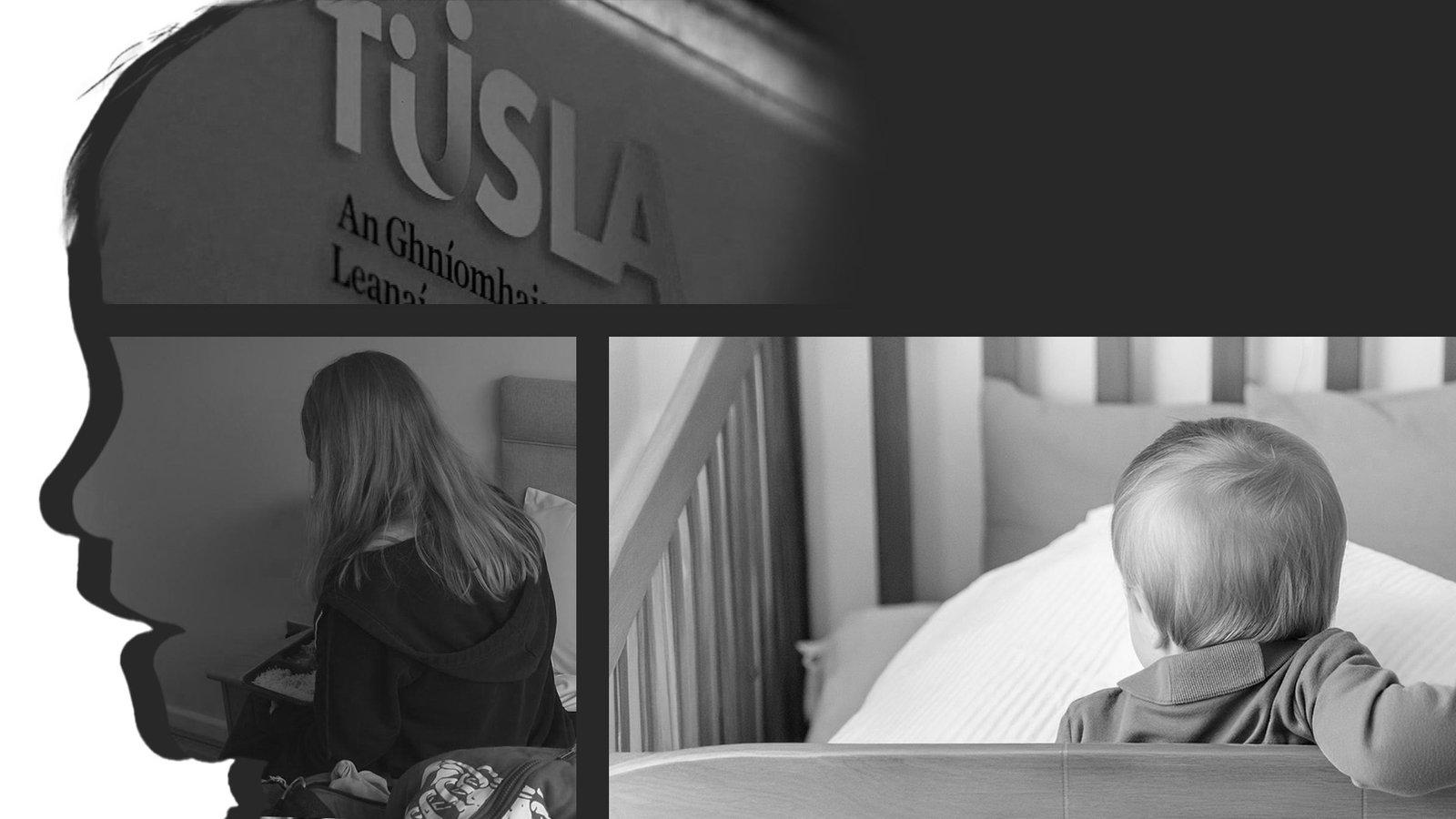
Children younger than two years old are being accommodated by private companies in residential care placements which are not subject to HIQA oversight, according to figures released to RTE’s Prime Time.
The State’s child and family agency, Tusla, terms such arrangements ‘Special Emergency Arrangements’ (SEAs). The accommodation used includes short-term rental properties and Airbnbs.
They are operated by private, for-profit companies, and provide accommodation for children who are no longer in the care of their family having been court-ordered into the care of the State.
Tusla said younger children are prioritised for foster or regulated care placements but where there is a shortfall in capacity a Special Emergency Arrangement is “required to ensure an immediate place of safety for the shortest period possible.”
It added that children under 12 are often among a wider sibling group and additional measures are put in place, including enhanced visiting by Tusla social work teams.
Separately, during research into the sector, Prime Time also learned of concerns that older children between the ages of ten and 13 being accommodated in such properties have not been provided with the expected standard of care.
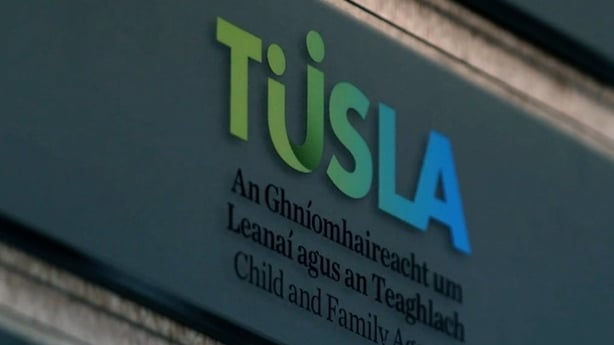
To help Prime Time understand what is happening in SEAs, Barnardos shared some of their court-appointed Guardian ad Litem’s direct experiences visiting and advocating for children living in such circumstances.
Guardian ad Litems are appointed to assess, represent, and give voice to the interest of children during legal proceedings.
In one instance, according to a guardian from Barnardos who visited an 11-year-old girl who was moved into an SEA, the child had “no toys or books aside from a ball, a doll and a photo of their parents.”
In another, a Barnardos guardian said a 13-year-old child was brought to a tanning salon by SEA staff who were unaware sunbeds are illegal for use by under 18s.
Another Barnardos guardian described visiting an 11-year-old girl living “a lonely existence” eating ready meals alone in her room in the SEA property.
A Barnardos guardian and a social worker also “cried leaving the children on the night we dropped them” to the accommodation.
The information in relation to the age of children accommodated in SEAs was provided in response to a Freedom of Information request submitted by Prime Time to Tusla.
The data provided detailed the ages of the youngest children in SEAs each month up to January of this year.
A one-year-old child was living in an SEA in February 2023, a five-year-old child was housed in such a setting earlier this year, while a seven-year-old child was the youngest child in an SEA last December.
During the summer, for two months in a row, the youngest child in such accommodation was four years old.
Solicitor Catherine Ghent, who has spent much of her career working on cases related to children in State care, said “it’s unfathomable to think you have toddlers and babies in this situation.”
The head of Barnardos Guardian ad Litem service, Freda McKittrick, told Prime Time that the use of emergency arrangements could have a serious negative impact on children.
“Every time you move a child, and the younger the child, the less they are able to trust adults,” she said.
“Children have been put into rented holiday homes, chalets in the countryside, anywhere where accommodation can be acquired quickly for them,” she added.
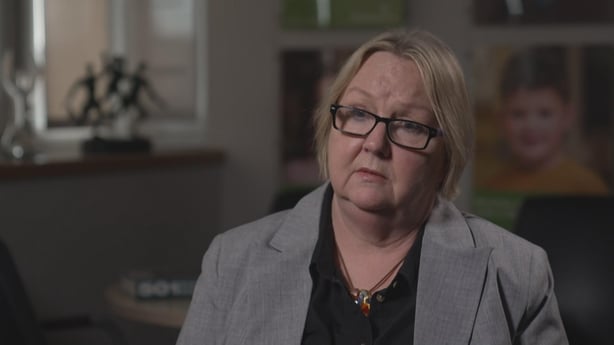
Qualification requirements for some SEA staff are not as high as residential care homes run by Tusla itself, or other regulated providers.
“Most of our guardian team are highly experienced and the message coming across is that things are worse than they’ve ever been,” Freda McKitterick told Prime Time.
The quality of care in such arrangements is not helping children recover from the trauma that resulted in them being placed into care in the first place, she said.
“You want to make things better for children and the most sickening thing is to be in a situation where you think things are going to be made worse. That’s a situation where a lot of children are placed in.”
Special Emergency Arrangements have a high turnover of staff, according to Ms McKittrick.
“We have examples of children who could have 14 or 15 different staff and they never know who’s going to be on shift…. Information isn’t passed from one staff member to another about children’s likes, dislikes, preferences,” she said.
“Very basic things like children who don’t like the light to be turned off at night, staff members coming in and switching the light off.”
Solicitor Catherine Ghent said SEAs are a crisis response to wider issues within the care system which she describes as being in “freefall.”
“A couple of years ago we noticed that children of nine years old were entering the registered residential centres and everyone was remarking at the time that it was an exception. It is now not exceptional,” she said.
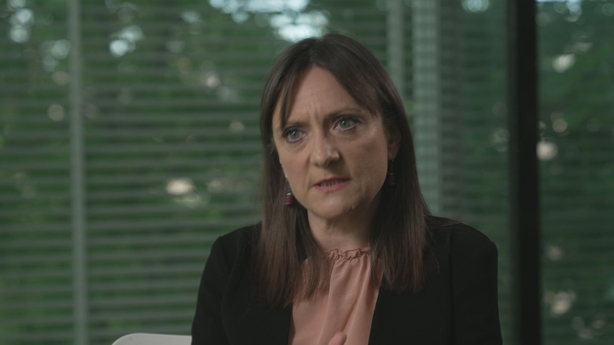
Highlighting the absence of leave and pension rights for foster parents, she said the Government could make changes to help retain more families in foster care. Tusla itself has appealed for more potential foster families to come forward.
“We also know that we are haemorrhaging staff in child protection, both in social care and in social work. We need to pay these people properly,” Ms Ghent said.
The resulting reliance on Special Emergency Arrangements is not meeting children’s needs, she believes.
“They are actually, in certain circumstances, putting children at risk. And I don’t say that lightly,” Ms Ghent said.
“My experience of these units is that they are providing accommodation, they are providing staff, and that’s it,” she added.
Campaigners say the best place for most children in the care of the State is in foster homes or regulated care homes, such as the ones provided by Tusla, voluntary organisations, and certain registered private providers.
Don Bosco Care, a community and voluntary organisation, is one of the main providers of registered children’s care homes. Prime Time visited one of its six properties, located on Dublin’s northside.
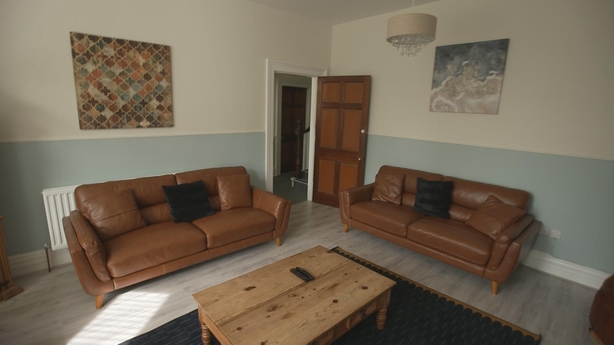
Four boys who live there have their own bedroom and access to a large sitting room, with a separate games room with a pool table.
“We’re trying to make the home as comfortable as we can,” Director of Services, Terry Dignan said.
He said that the intent of the organisation is to create a consistent and therapeutic environment where long-term staff can build relationships with children who may have come from extremely traumatic backgrounds.
Speaking about Special Emergency Arrangements, Mr Dignan said “there isn’t the time to build relationships and to provide the predictability and consistency that children need.”
“Without regulation you can’t guarantee that children are being appropriately cared for and that their needs are being met,” he added.
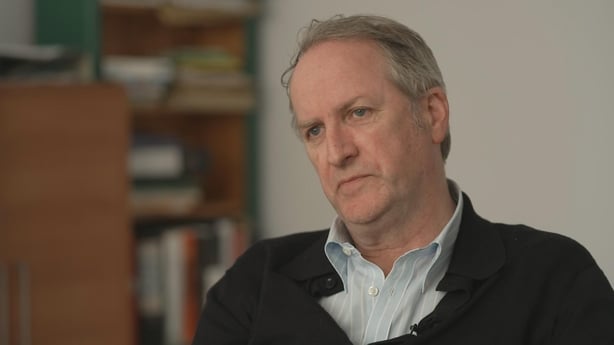
Tusla’s 2023 Business Plan targeted a 10% reduction in the use of SEAs last year, however the agency confirmed to Prime Time that it did not meet that aim.
In a statement, it said that over the last two years, “the rise in demand in both our mainstream and Separated Children Seeking International Protection Services, combined with an increase in case complexity, is reflected in the increased need for SEAs.”
Reducing reliance on SEAs and increasing the oversight of such providers remains a priority at all levels in the agency, it said.
“There are internal Tusla processes for the approval, placement, governance and oversight of young people in SEAs to mitigate risk and promote the safety and well-being of the individual young people,” according to its statement.
166 children are currently accommodated in Special Emergency Arrangements, including 105 unaccompanied children seeking international protection.
Tusla has bought nine additional properties for conversion to residential services, it said, but added that it was challenged by workforce issues, the property market, and the increasing number of unaccompanied refugees.
Asked about overall provision of services, Terry Dignan of Don Bosco Care said “we haven’t had any concrete, substantive discussion with Tusla about how the capacity within the voluntary sector can be increased.”
Mr Dignan is also a spokesperson for the Children’s Residential and Aftercare Voluntary Association.
“We want to contribute what we can, but we need to sit down and discuss how we’re going to do this, where the funding is going to come from, how we’re going to manage it,” he said.
“This hasn’t come up because of the Ukrainian war or the refugee crisis. This has been building for long before that existed and if that hadn’t happened we would still have an issue providing appropriate care for children,” he added.
Louise Byrne and Colm Kirwan’s report on State care provided to children in Ireland is broadcast on the Thursday May 9 edition of Prime Time on RTÉ One television.



